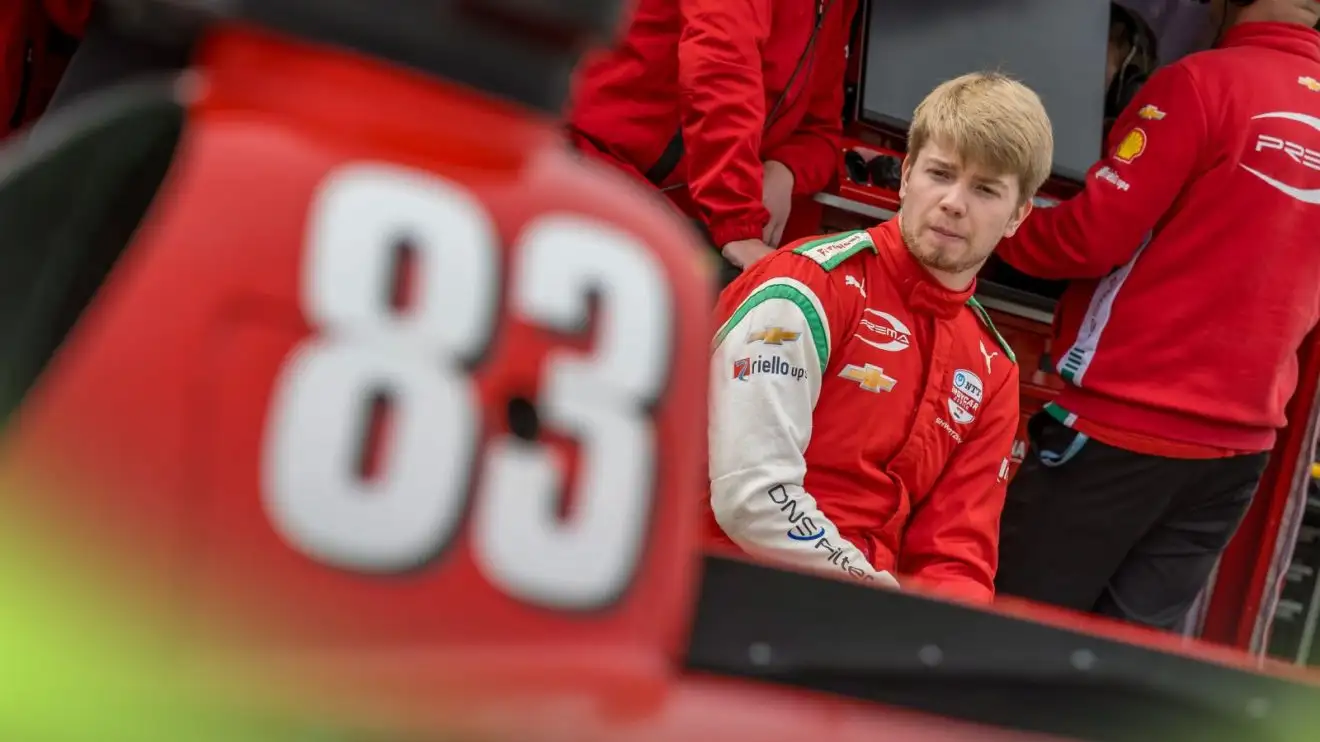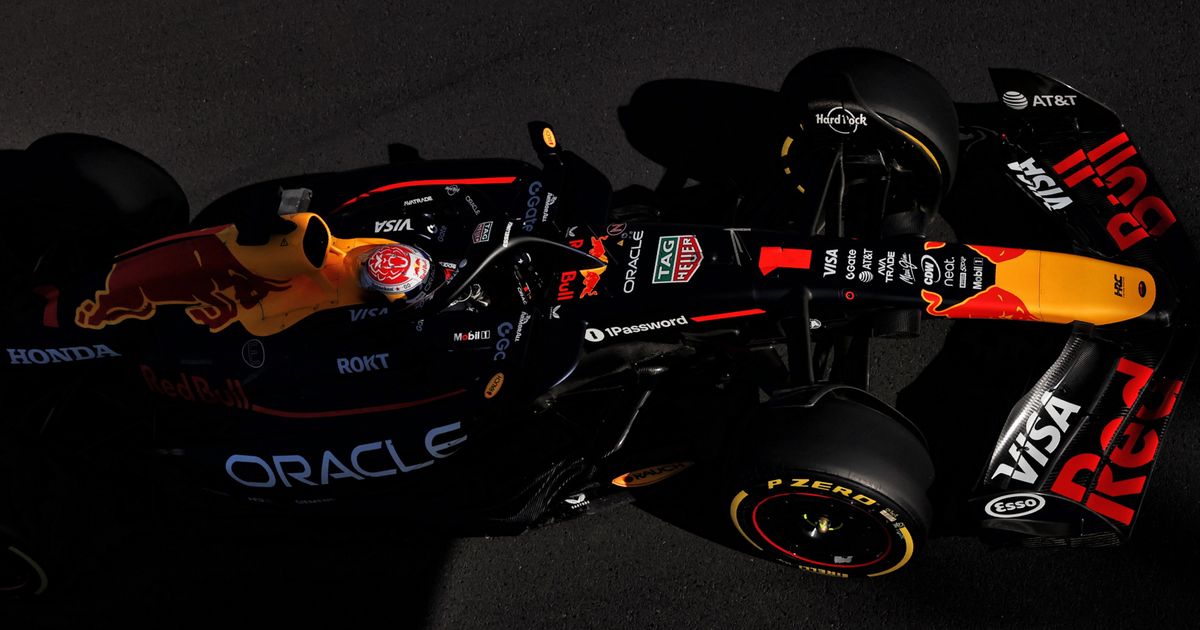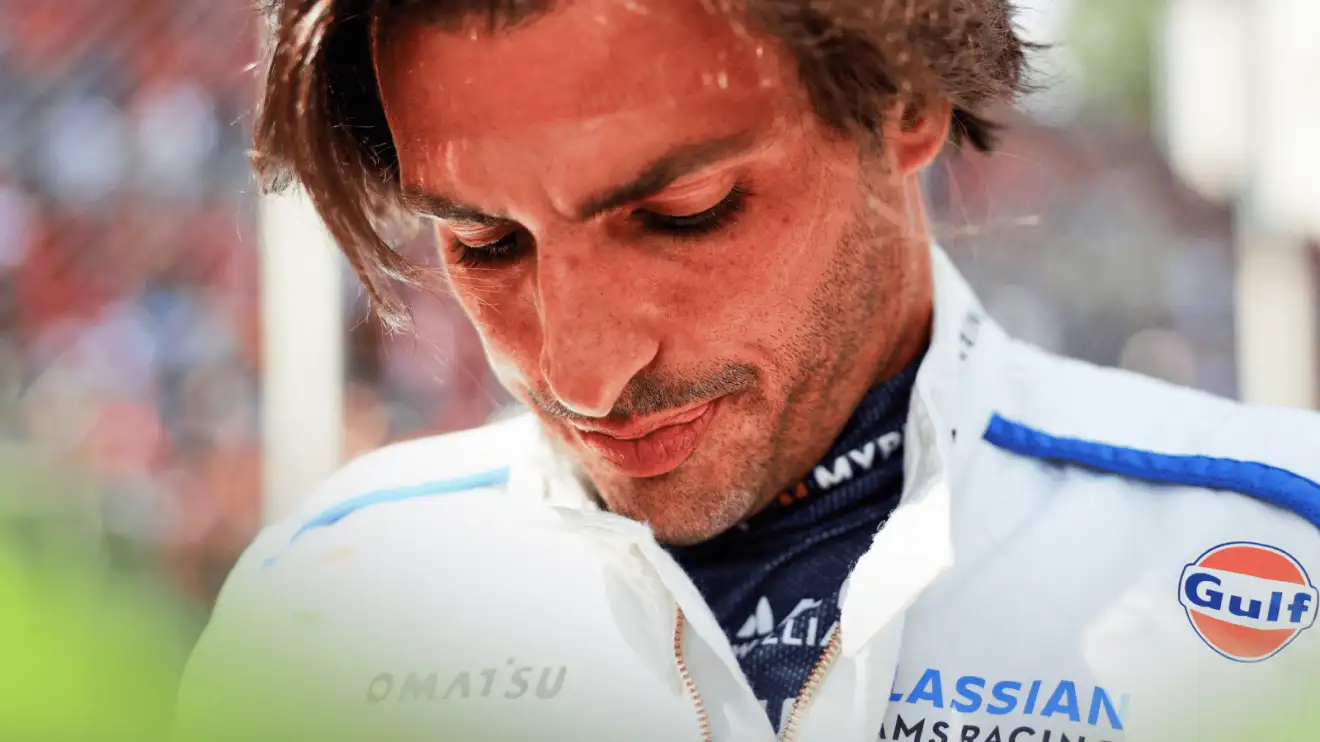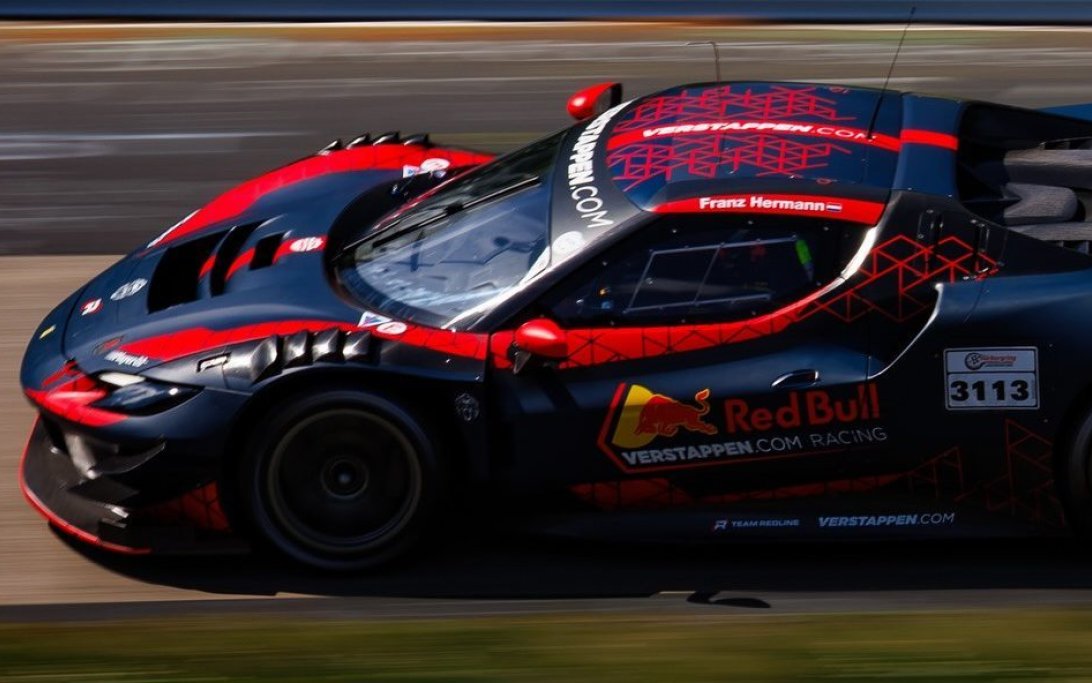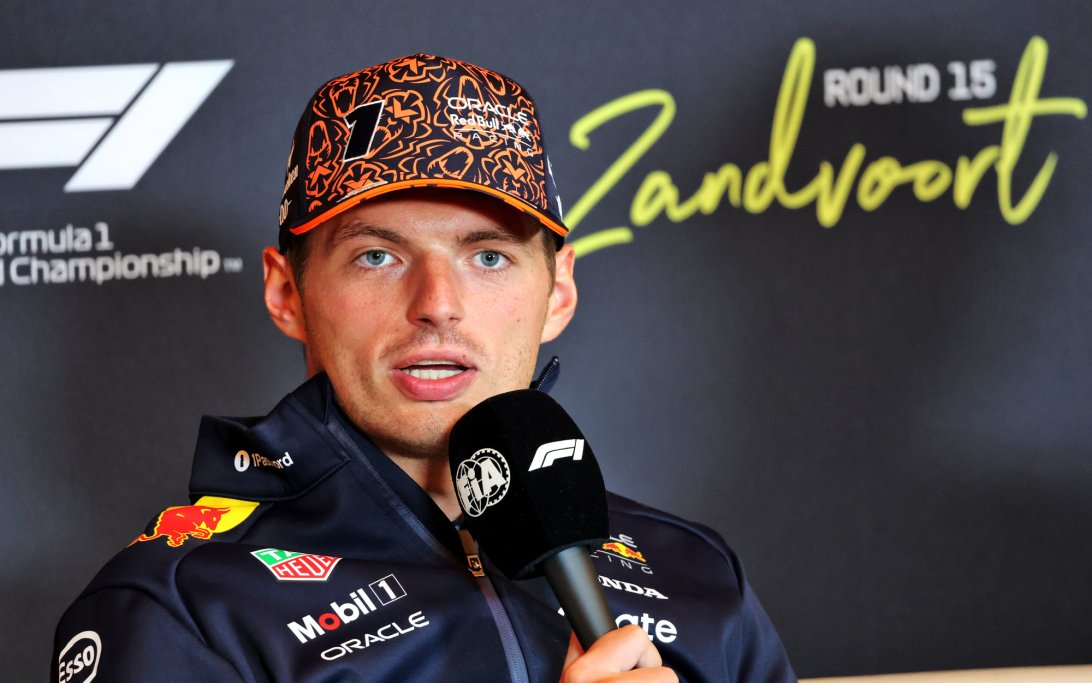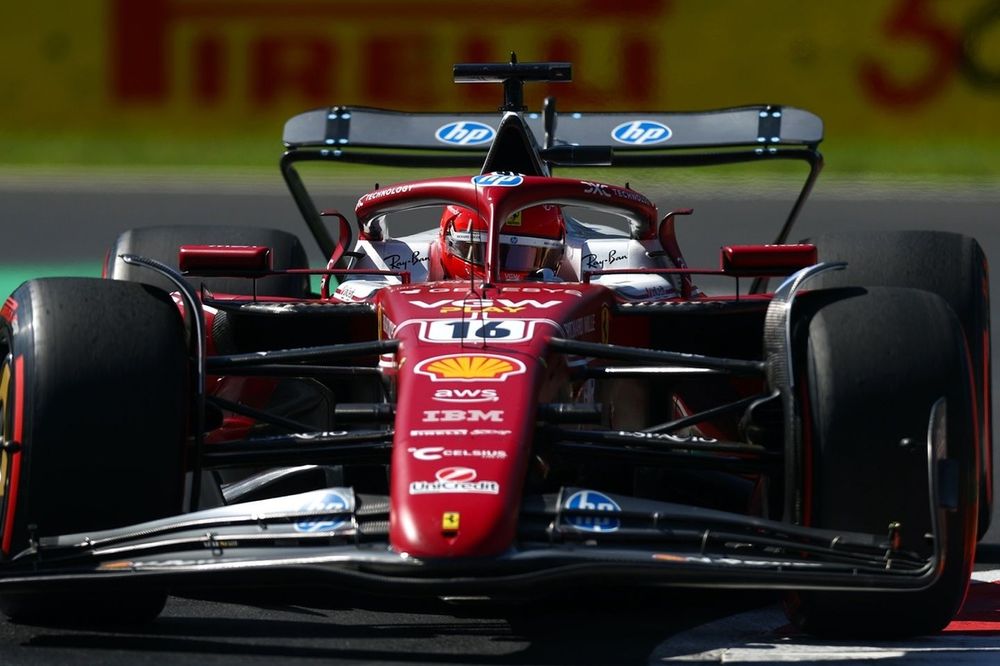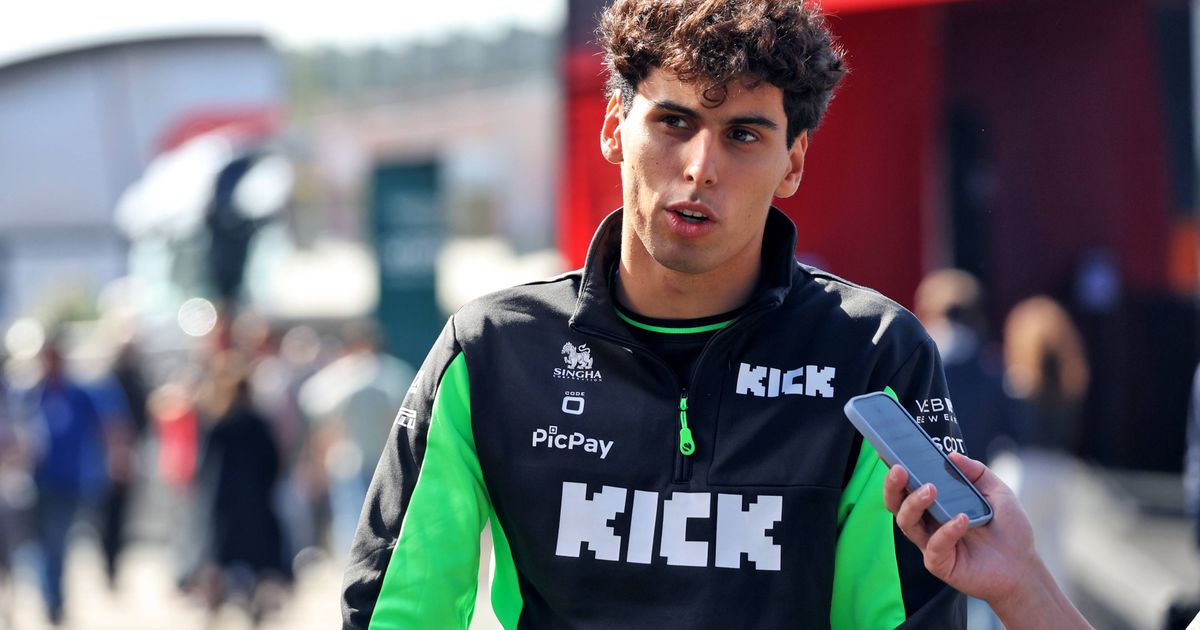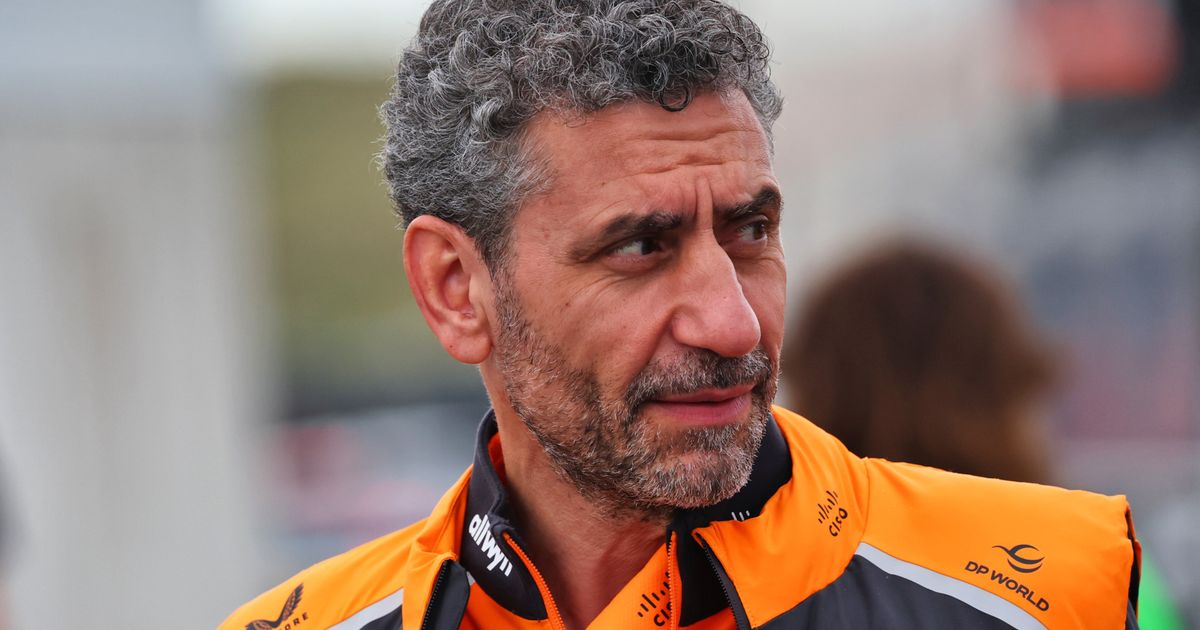
McLaren's Team Order at Monza Sparks Debate on Driver Autonomy and Title Aspirations
The Monza Incident
At the Italian Grand Prix, Lando Norris briefly lost position to Oscar Piastri due to a slow pit stop caused by a faulty wheel gun. McLaren subsequently issued a team order instructing Piastri to allow Norris to retake second place, restoring the pre-pit sequence order. Both drivers complied, with Norris finishing P2 and Piastri P3, behind race-winner Max Verstappen.
Why It Matters
McLaren's interference, framed by the team as being in the interest of fairness and team harmony, has sparked considerable controversy. This decision overrides a core racing tenet: drivers capitalizing on track situations. Piastri's frustration was evident when he remarked that a slow pit stop is simply "part of racing" and questioned the mid-race shift from pre-race instructions. This moment highlights the tension between team strategy and individual driver ambition, especially in a tight championship scenario.
A Ferrari-esque Approach?
Team Principal Andrea Stella, with his background at Ferrari, seems to be steering McLaren towards a philosophy that prioritizes the team's overall success. Enzo Ferrari famously ran his outfit with the singular purpose of ensuring Ferrari won, regardless of the driver. Stella appears to have adapted this "team first" DNA, though McLaren's current situation with two equally competitive drivers, unlike Ferrari's historical #1/#2 structure, complicates its application.
The Inherent Bias of Intervention
The article argues that such interventions are inherently biased and risk setting problematic precedents. It draws a parallel to a previous incident at Silverstone, where Piastri was penalized and demoted, benefiting Norris. McLaren allowed the stewards' decision to stand, impacting the outcome. The question arises: why permit a stewards' decision to alter race order but not a slow pit stop, which is also a "part of racing"?
What's Next
This incident forces Piastri and Norris to confront a critical decision. Championship-winning drivers often possess a deep desire to win and long memories. If the team's philosophy continues to fluctuate mid-race, drivers may feel compelled to prioritize their individual interests and take matters into their own hands, potentially impacting team dynamics and their title ambitions.
Original Article :https://www.gpblog.com/en/opinion/why-piastri-and-norris-must-selfishly-push-mcl...


